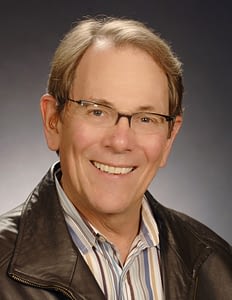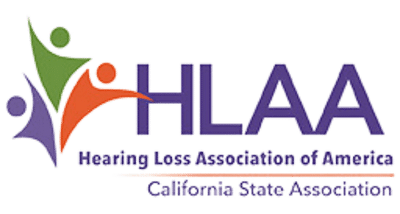By John Waldo
 The Americans with Disabilities Act (ADA) has opened the door to much of public life for people with all manner of disabilities, but unfortunately, ADA is too often portrayed as nothing more than a way to extort money from businesses that may not know they are violating the law. That perception is due primarily to a very small number of law firms that have become ADA “factories,” cranking out hundreds of essentially identical lawsuits on behalf of a very small number of professional plaintiffs.
The Americans with Disabilities Act (ADA) has opened the door to much of public life for people with all manner of disabilities, but unfortunately, ADA is too often portrayed as nothing more than a way to extort money from businesses that may not know they are violating the law. That perception is due primarily to a very small number of law firms that have become ADA “factories,” cranking out hundreds of essentially identical lawsuits on behalf of a very small number of professional plaintiffs.
Because of a quirk in state law, that concern is particularly acute in California. The numbers tell the story: over half of all ADA lawsuits filed in federal court are filed in California. And almost half of all of those lawsuits are filed by a single firm, Potter Handy LLP (PH), based in San Diego. In 2021, PH filed almost 2,600 lawsuits in California federal courts, almost 10 lawsuits every working day.
Not surprisingly, this has generated a strong negative response. In a nearly unprecedented action, the district attorneys in San Francisco and Los Angeles filed a lawsuit in April against PH and many of its individual attorneys, asking that the firm be put out of business and forced to return the settlement money it has received to businesses.
The problem with this resolution is that ADA permits people who have personally encountered a lack of accessibility to file lawsuits. Under ADA, the court can order the defendant to fix the access problem when that fix will benefit the complaining party, and to pay the attorney fees of the party complaining. California’s Unruh Civil Rights Act also allows complaining parties to collect money damages in a minimum amount of $4,000. But neither ADA nor any other law permits private individuals to sue over problems that have not affected them personally.
According to the complaint, that last requirement makes what Potter Handy does wrong. The complaint claims that a very small number of the firms clients are “frequent filers,” most of them are wheelchair users, and the majority have never visited most businesses they have sued, nor have they intention of returning to those businesses. The complaint also says that even if ADA claims have no merit, business owners are often forced to settle out of court because they can’t afford the cost of an attorney to fight back.
In addition the complaint charges that the PH lawsuits are so vague that they can be difficult to disprove. Instead of saying that the plaintiff visited a business on a specific date, the lawsuits claim the visit occurred during a particular month. Moreover, the PH lawsuits are almost always filed against small businesses, many owned by immigrants who have a limited understanding of the American legal system. And according to the district attorneys’ complaint, the PH lawsuits are accompanied by a demand for a cash settlement, usually at least $10,000.
The formal complaint does acknowledge that the PH lawsuits do always demand that the businesses fix the access barriers. But it questions whether there is any follow-up to see if those fixes are actually done. Moreover, most of the PH suits are resolved very quickly, often within three or four months, suggesting that if the claimed problems were so easily remedied, they most likely had been relatively minor and involving inexpensive modifications.
While most of Potter Handy’s lawsuits have been on behalf of complaining about physical access, the firm is moving into the internet area. One of their clients has filed an estimated 50 lawsuits against Northern California wineries claiming that the winery websites lack the software necessary to enable people who are blind or have low vision to access those websites. The firm is also filing some cases on behalf of people who are deaf or hard of hearing claiming a lack of captioning.
As many courts have noted, mass-production lawsuits create the impression that any ADA lawsuit is a scam of some sort. The reality is that very often, serious problems aren’t addressed because business owners who don’t have a disability fail to realize that what they are doing or failing to do creates a problem. On the flip side, many people fail to recognize that some ADA lawsuits are indeed abusive. Too often, the dialogue between the business community and disability advocates is an exercise in talking past each other.
For a number of reasons, I think the Potter Handy lawsuit may jump-start a constructive dialogue between the business community and disability advocates. The business side needs to recognize that there are legitimate and important lawsuits that make the world more welcoming for millions of us. On the advocacy side, we must recognize that there are abuses. If both sides can begin to recognize the validity of the other’s concerns, it may be possible to come to an agreed-upon solution that would benefit everyone.
John Waldo is an attorney in Houston TX whose practice focuses on advocacy for people with hearing loss. He is national Advocacy Committee Chair for the Association of Late Deafened Adults (ALDA), and consults with non-profit advocacy groups in Washington and Oregon. He can be reached at: johnfwaldo@hotmail.com



